What is autism? Everything you need to know about the spectrum disorder
A helpful guide for parents
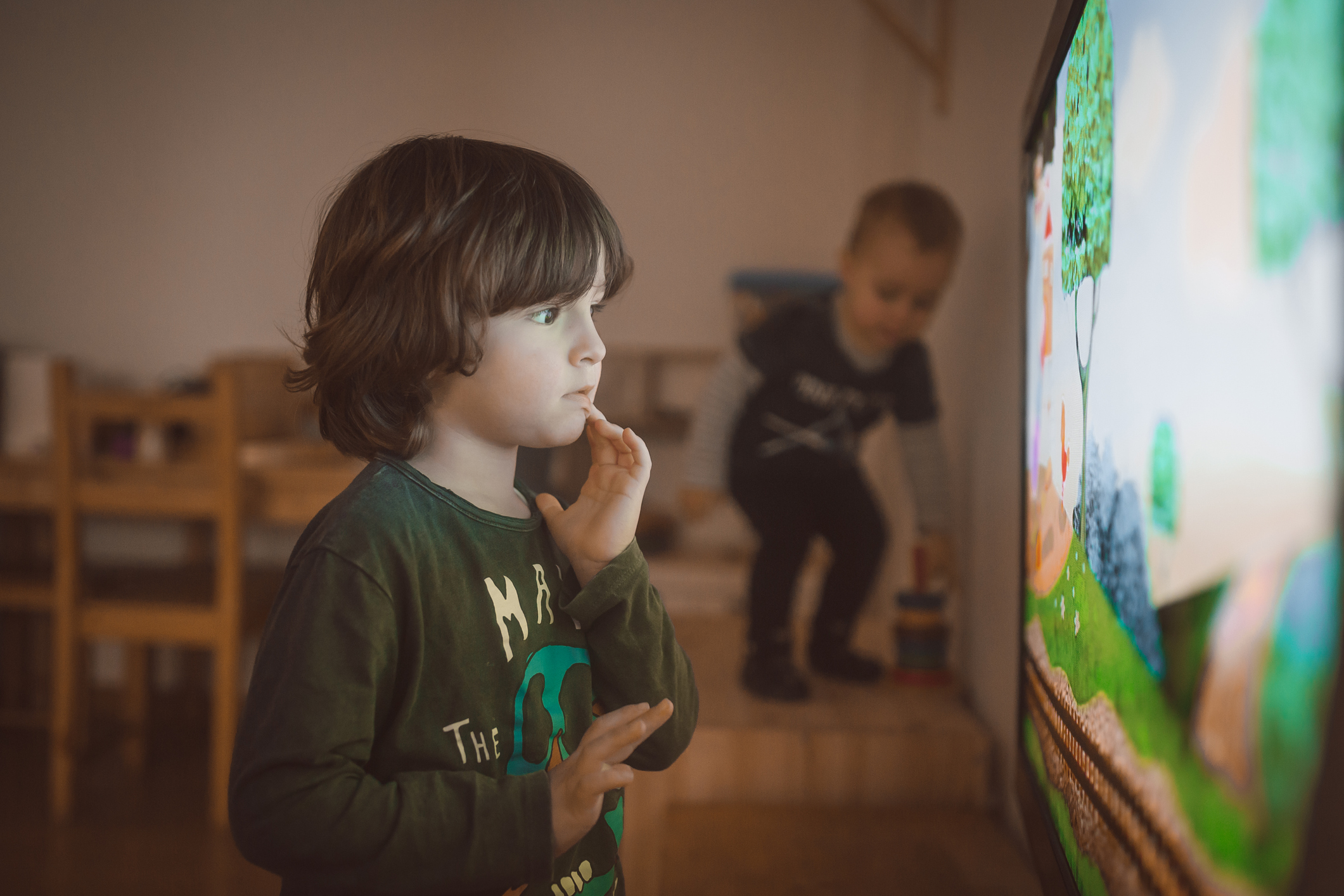
Autism is a developmental disability that affects more than around 700,000 people in the UK.
Read our guide on the condition, which includes signs of autism in children and how the condition is diagnosed.
What is autism?
Autism, or autism spectrum disorder (ASD) as it's sometimes called, is a lifelong condition that affects how a person experiences the world around them, how they communicate and interact socially, as well as their interests and behaviour.
The disorder affects around 700,000 people in the UK, which is more than 1 in 100.
It is referred to as a 'spectrum disorder' because it can affect people in different ways and to varying degrees. It is also a 'hidden' disability, as people often can't tell someone has it from their appearance.
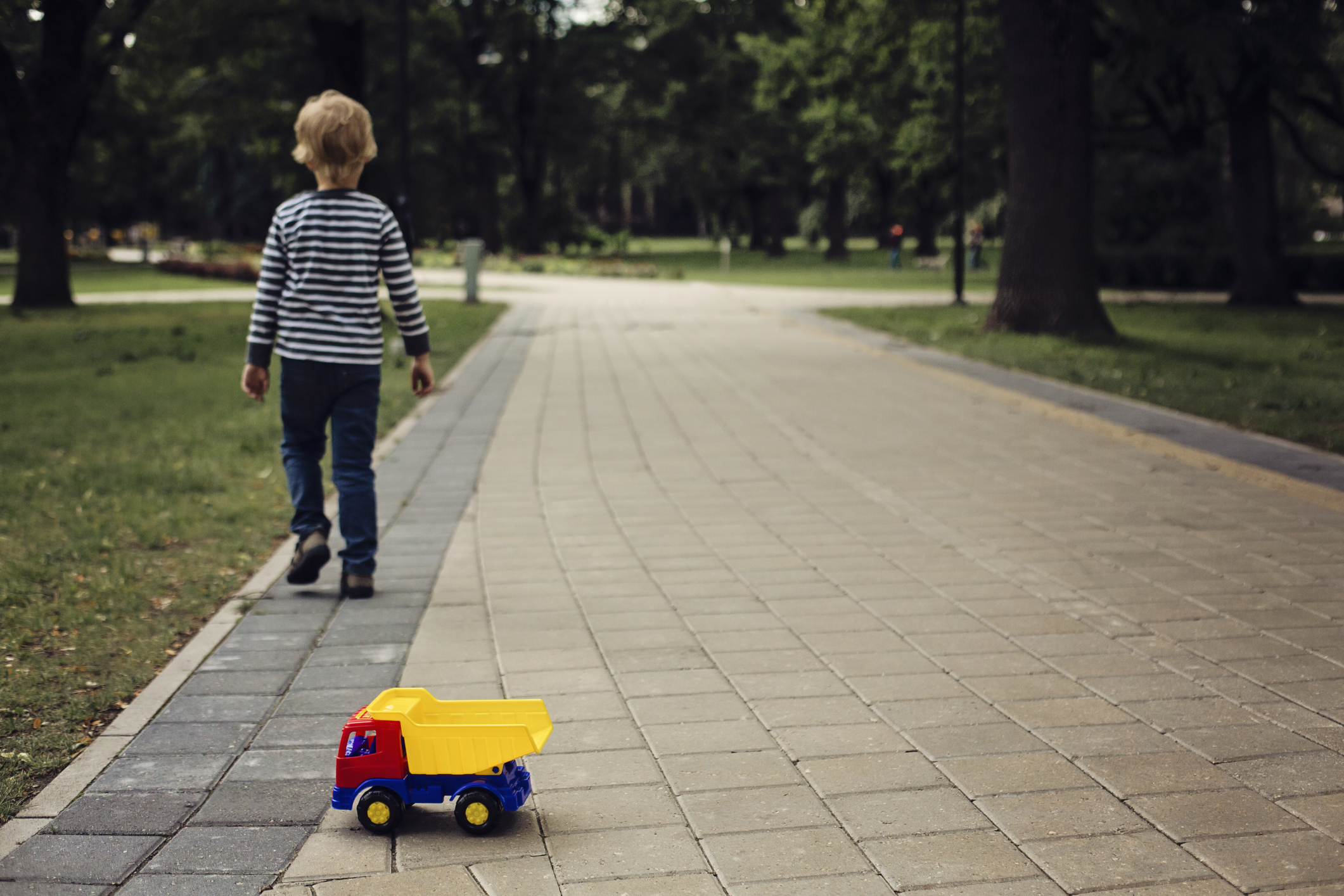
What it's really like to have autism
Autism is not always understood by the general public. In a recent survey by the National Autistic Society, 16% of autistic people and their families said they think autism is understood in a meaningful way.
An overwhelming majority of parents interviewed (87%) said people stare at their child's autistic behaviors, and 84% of autistic individuals think people judge them as strange. Even more worringly, half of families interviewed said they never leave the house because they're worried about the public's reaction.
GoodtoKnow Newsletter
Parenting advice, hot topics, best buys and family finance tips delivered straight to your inbox.
In an attempt to raise awareness about the condition and change these statistics, NAS has produced a video that shows how a child with autism feels when going into a shopping centre. Because the condition affects how people experience the world around them, autistic children may experience sensory overload in busy places, which can lead to the child causing a scene.
http://www.youtube.com/watch?v=Lr4_dOorquQ
Educating the public about the condition can make people more understanding to the behaviours caused by the condition.
Early signs of autism
There are several signs that could mean a child has autism, mainly involving how they communicate and interact.
If you notice any of these early signs in your baby or toddler, please see your GP or health visitor.
MORE: How and when to start talking to children about racism
Signs of autism in boys
The National Autistic Society report that is it more common for men and boys to receive a diagnosis of autism. But this is not necessarily because boys are more likely to develop the disability in general.
Signs of autism in girls
It is instead believed that women and girls may be better at masking and difficulties they experience with regards to their autism, making a diagnosis more difficult to pin down.
The National Autistic Society explain, "Some say the diagnostic criteria for autism are biased towards the behaviour of men and boys. Whatever the reasons, we know that autistic women and girls are still hugely misunderstood."
Signs of autism in babies and toddlers
Pre-school children who have autism may show the following the symptoms:
- Delayed speech development or not speaking at all
- Rejecting cuddles initiated by a parent or carer (although they may initiate cuddles themselves)
- Negative reactions when asked to do something
- No awareness of other people's personal space or intolerance of people entering their own personal space
- Preferring to play alone and little interest in interacting with children of a similar age
- Rarely using gestures or facial expressions when communicating
- Avoiding eye contact
- Having repetitive movements, such as rocking back and forth
- Playing with toys in a repetitive and unimaginative way
- Preference for familiar routines and getting upset if their routine changes
- Strongly disliking certain foods based on the texture or colour or taste
- Unusual sensory interests - for example, children with ASD may sniff toys, objects or people inappropriately
- Not responding to their name being called, despite having normal hearing
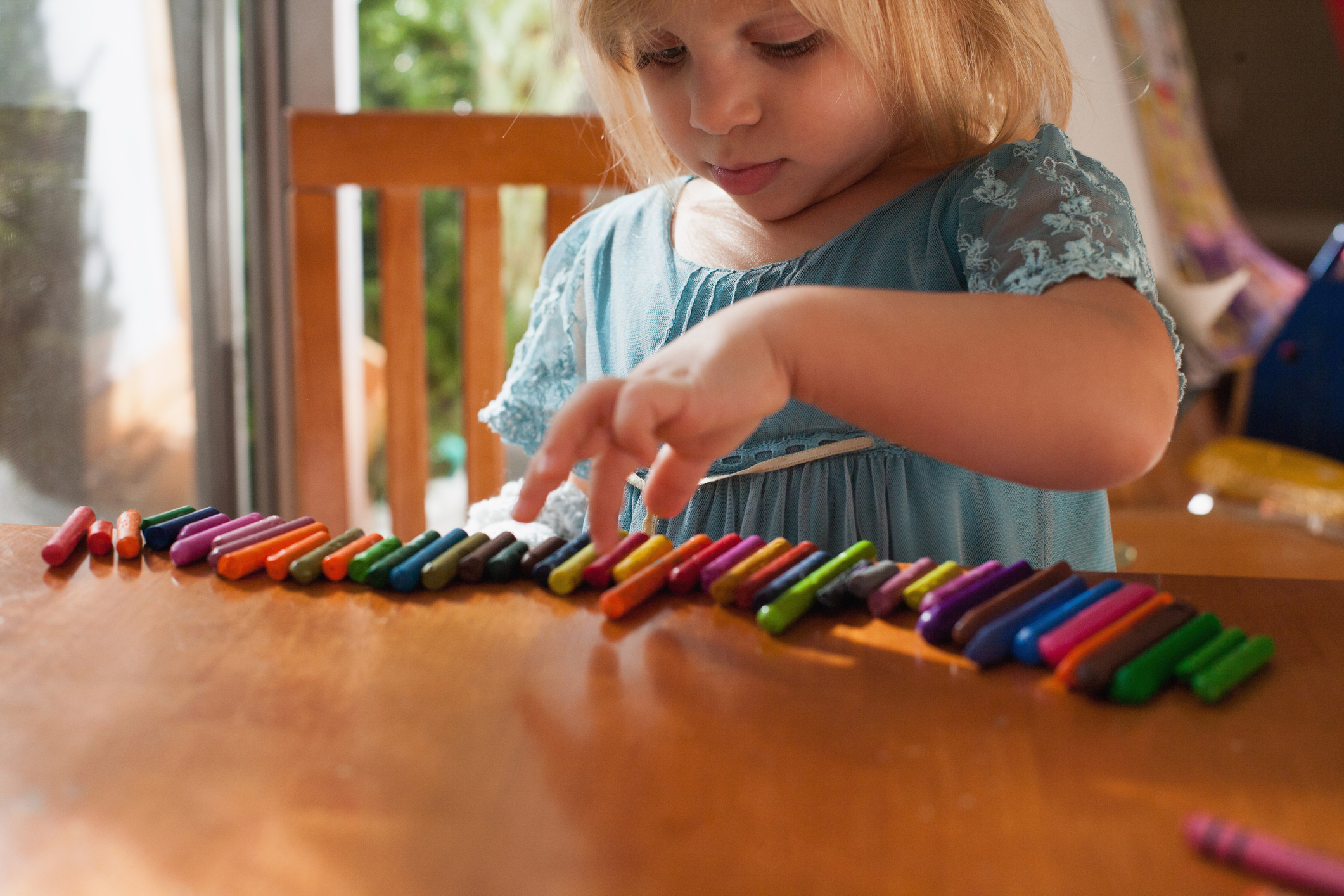
Signs of autism in older children
In addition to the symptoms listed above, school-age children with autism may show the following:
- Preference for avoiding using spoken language
- Monotonous speech, sometimes preferring pre-learned phrases
- Difficulty at two-way conversations, seeming to talk 'at' people
- Taking things literally and being unable to understand sarcasm, metaphors or figures of speech
- Not understanding certain basic social interactions
How is autism diagnosed?
According to the NHS, autism can normally be diagnosed in children at around the age of two. This is when the main features of the condition - social communication and interaction - start to show and some only become noticeable once the child experiences a change in their routine, like starting nursery or school.
MORE: How to start a conversation about mental health with your children
If you notice any of the signs of autism in your child, the first step in getting a diagnosis is to see your GP or health visitor. You will then be referred to other professionals who could be a psychologist, psychiatrist, paediatrician, or a speech and language therapist.
Treatment for autism
There is no 'cure' for autism, although an official diagnosis can help children get appropriate care and support.
Approaches to helping children vary, as the condition affects people differently. Some of the most common include SPELL, TEACCH, Social Stories and counselling, but choosing the right one will come down to each individual case.
The National Autistic Society advises that any approach to helping a child with autism should be positive, building on the child's strengths and helping them to uncover their true potential as well as increasing their motivation.
To find out more, visit the National Autistic Society's website or visit your local GP.
Amy is Senior Digital Writer across Woman & Home, GoodTo and Woman, writing about everything from celebrity news to health, fashion and beauty features. When she isn't obsessing over the latest dress drop from Marks & Spencer, you'll most likely find Amy out running, or with a cup of tea in hand ready to dive into a gripping new Netflix series.
-
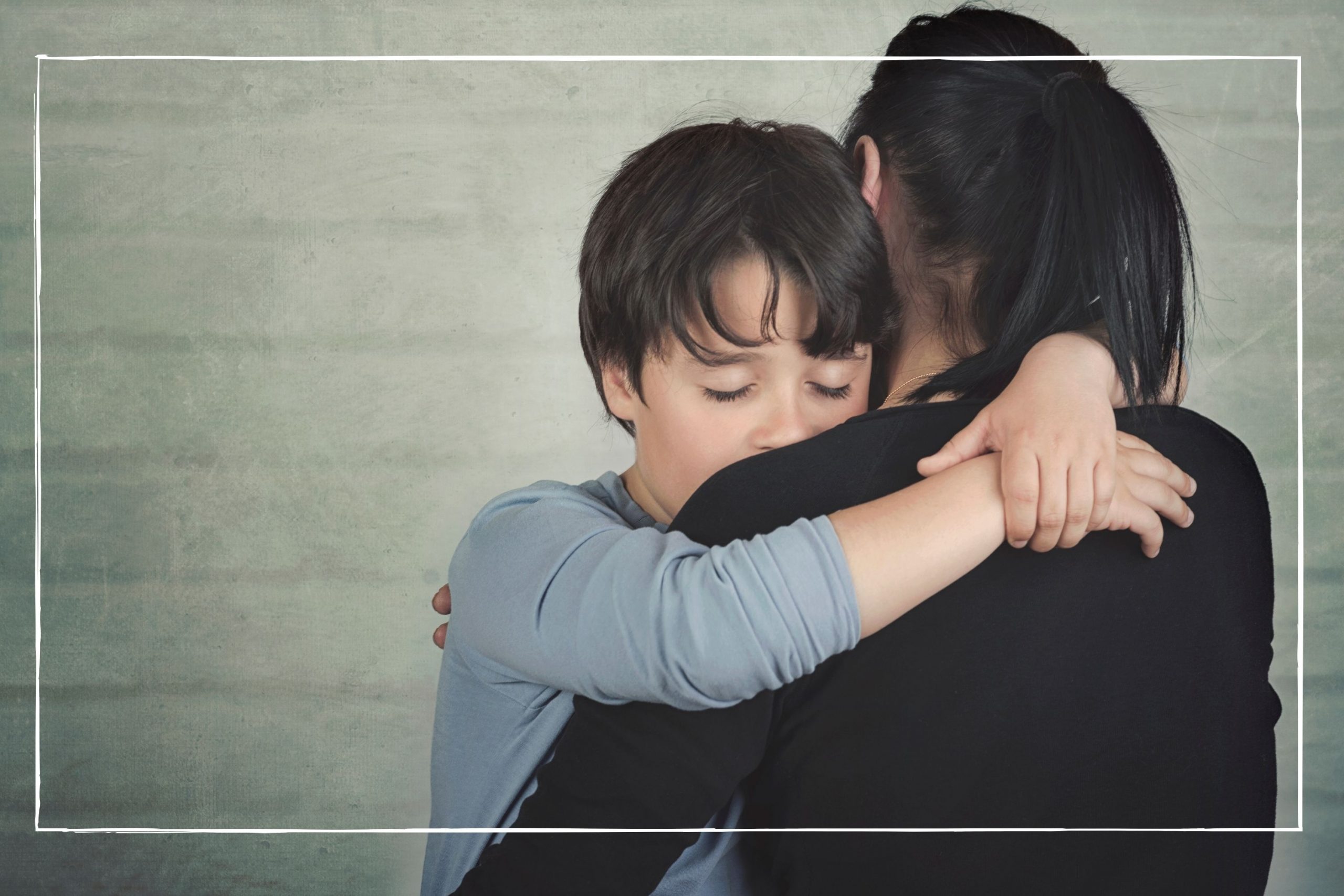 Talking about school shootings with your kids - tips from the experts
Talking about school shootings with your kids - tips from the expertsBy Stephanie Lowe Last updated
-
 How to talk to kids about coming out as gay, lesbian or bisexual: 6 expert tips for a supportive and empowering conversation
How to talk to kids about coming out as gay, lesbian or bisexual: 6 expert tips for a supportive and empowering conversationKnowing how to talk to kids about coming out as gay, lesbian or bisexual is important. These are The Proud Trust's top tips to get started.
By Grace Walsh Last updated
-
 How to talk to children about war, according to a child psychologist
How to talk to children about war, according to a child psychologistBy Stephanie Lowe Last updated
-
 Talking about periods with kids: 7 top tips with advice from the experts
Talking about periods with kids: 7 top tips with advice from the expertsBy Grace Walsh Last updated
-
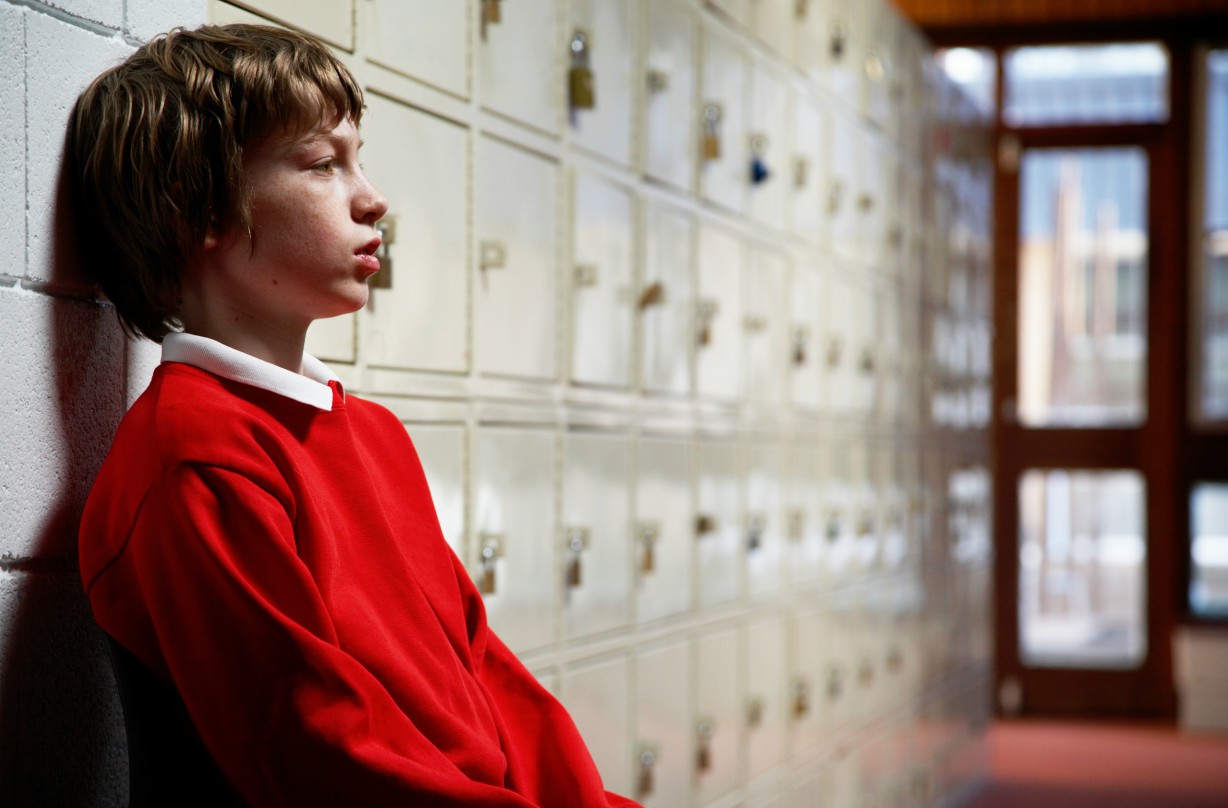 How to spot the signs of bullying and help your child if they are being bullied
How to spot the signs of bullying and help your child if they are being bulliedFinding out your son or daughter is the target of bullying is never nice, but what can you actually do to help?
By Sibelle Mehmet Last updated
-
 When and how to talk to your child about sex - plus top tips from child psychotherapists
When and how to talk to your child about sex - plus top tips from child psychotherapistsDoes your child have questions about the birds and the bees? Here's how to start talking about sex with your children, with expert advice to help you out.
By Joanne Lewsley Last updated
-
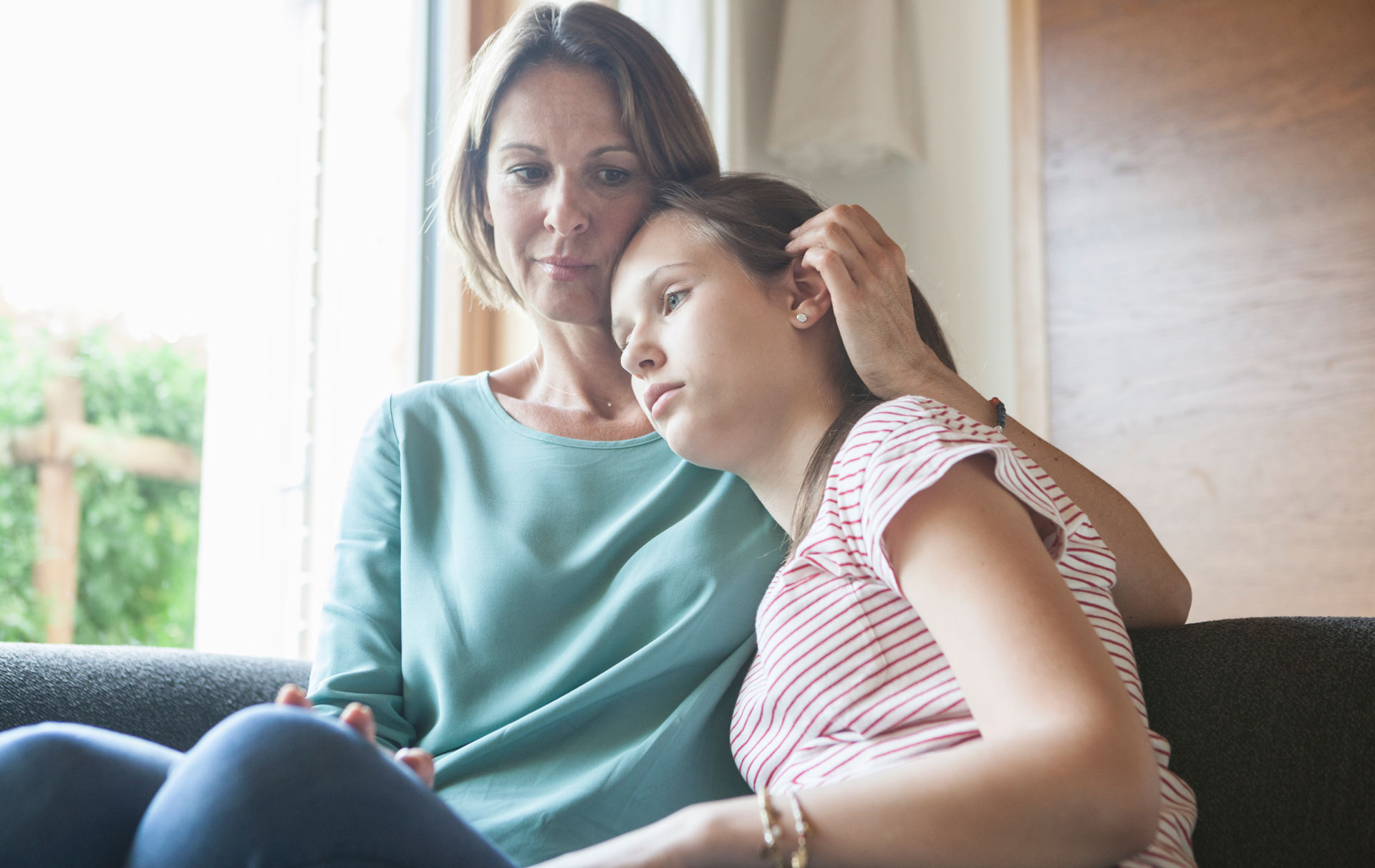 Helping your child to grieve
Helping your child to grieveWhether it's a parent, a grandparent or a beloved pet, here's what to do if the worst should happen
By GoodtoKnow Last updated
-
 Overcoming fear: How can we prevent passing our fears onto our kids?
Overcoming fear: How can we prevent passing our fears onto our kids?An expert has their say
By GoodtoKnow Last updated